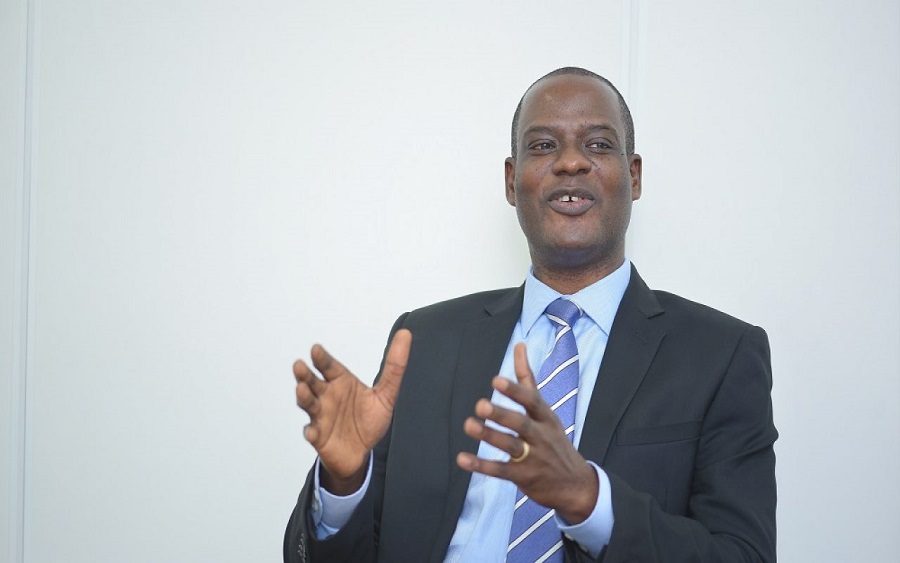The Chairman of the Presidential Committee on Fiscal Policy and Tax Reforms, Taiwo Oyedele has suggested that the current Value Added Tax structure might remain unchanged due to the controversies it has generated.
Oyedele disclosed this on Sunday during an interview on Arise TV while discussing the tax reforms proposed by President Bola Tinubu.
In October 2024, President Bola Tinubu introduced four Tax Reform Bills to the National Assembly to revamp Nigeria’s tax system.
These Bills—the Nigeria Tax Bill 2024, the Tax Administration Bill, the Nigeria Revenue Service Establishment Bill, and the Joint Revenue Board Establishment Bill—aim to consolidate existing tax laws, streamline tax administration, and boost revenue generation.
The proposed tax reform legislation has faced significant resistance from various stakeholders in Nigeria, with critics arguing that it could disproportionately benefit certain regions at the expense of others.
Among the contentious issues are the proposed reforms to the VAT, which have been a major point of disagreement.
Oyedele stated that his committee’s proposals on VAT were designed to benefit every part of the country.
However, he noted that if there was a preference for retaining the current structure, his team would be willing to accommodate that choice.
“There were two comments that Mr President made. His first point is that we have to do tax reforms. We cannot continue with the laws of the colonial era and hope that Nigeria will become a developed country. This tax system is holding us back. Then after a few other questions, someone asked a question again about whether he was willing to move and make a compromise, and he said, ‘Yes’. So his point is that we have to carry out tax reform.
“That is what is non-negotiable, otherwise, we will be missing out on a significant opportunity to move Nigeria forward. But in terms of the details of those bills, everything is up for grabs. I can tell you, as we speak today, if they want us to keep the current VAT formula, we’ll keep it 100 per cent. So, the fact that people keep using the problem we are trying to solve against us, is what I need to understand.
“We are saying today that Lagos State is getting the benefit for calls made in Kano, Kwara, in Ekiti. We say, let’s change that. And then you come out and say they want to take what we are doing in Kano to Lagos,” he said.
The tax reforms committee boss tracing the history of the VAT in Nigeria said, “It seems to me that the more we explain it, the more people try not to understand because a lot of people don’t even understand the current position of the law.
“Let me quickly explain what the problem is, the value-added tax was introduced in 1993 by the military. Implementation started in 1994 and that was to replace the sales tax that was being done by states.”
Oyedele stated that in 1999, as Nigeria entered the Fourth Republic, there was a need for a constitution to establish a framework for governance.
“The people that put the Constitution together pretty much replicated 1979’s. In 1979 there wasn’t VAT. So in 1999 when they introduced the constitution, VAT was missing, but the government continued to collect VAT. Some states like Rivers State and Lagos State are in court saying that VAT should be collected by the state because they feel that they are not getting enough for the contribution they are making into the VAT pot, and therefore if they collect it as a state tax, they will be better off.
“That is the equivalent of 100 per cent derivation. For us, as we’re working on these tax reforms. We said if we get states to start collecting VAT in Nigeria, it will be chaotic for business because we know for a fact that states in Nigeria will not respect input-output.
“So we said, how can we make everybody at least comfortable and address inequity? What did we identify? As of today, when companies remit their VAT, they tend to remit from their head office because that’s where they have the finance department. So MTN, BUA, Dangote, Airtel, all the banks, most of them are headquartered in Lagos. Some of the oil companies are headquartered in Rivers State,” he said.
Oyedele emphasized the importance of the tax reforms, pointing out that VAT is not included in the Nigerian constitution.









